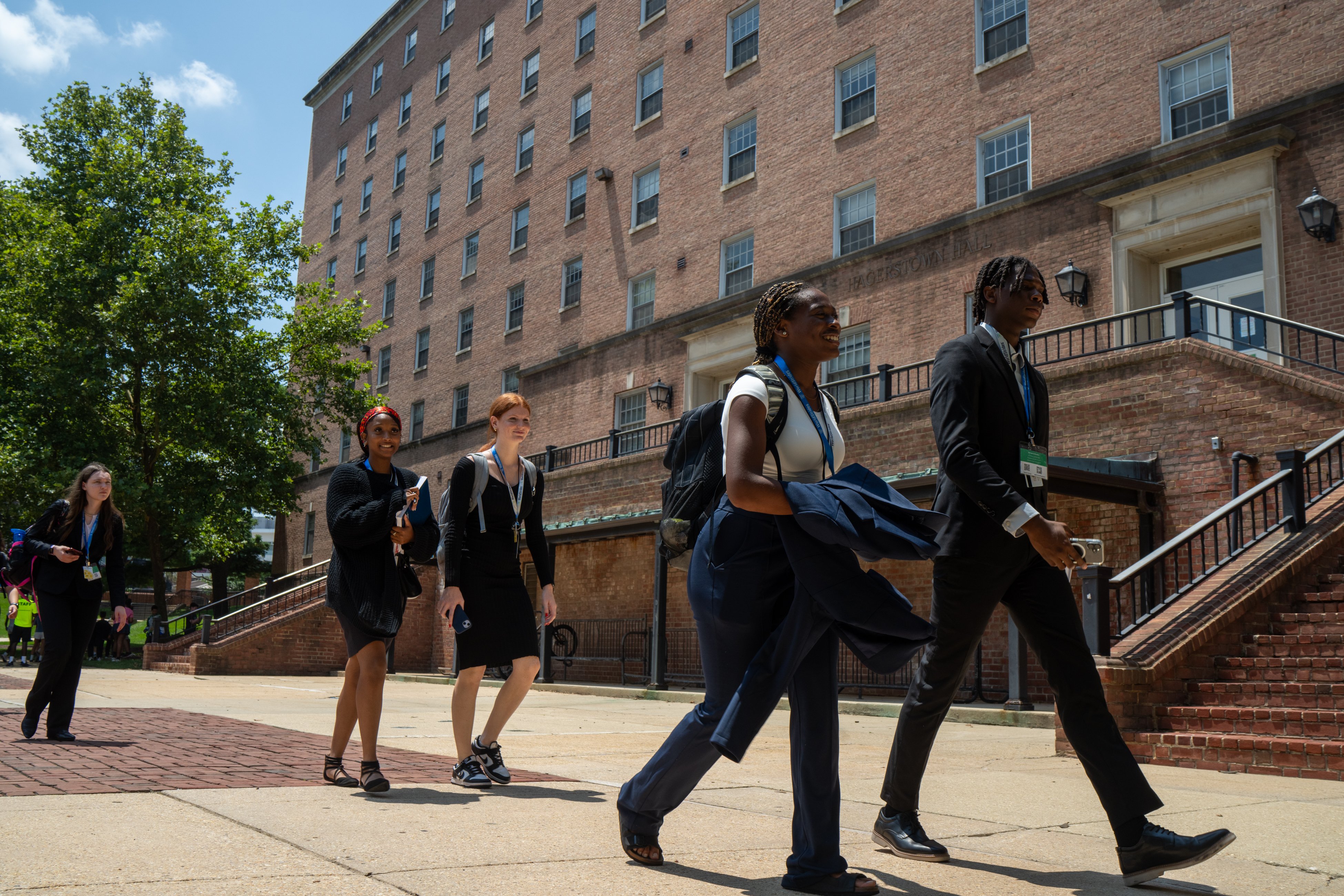Pre-College Summer Programs & Career Experiences
Discover your future through immersive, hands-on pre-college programs. Envision empowers students to explore careers in medicine, engineering, business, law, and more with real-world experience.

Filters
Clear
Showing 1-0 of 0 results
